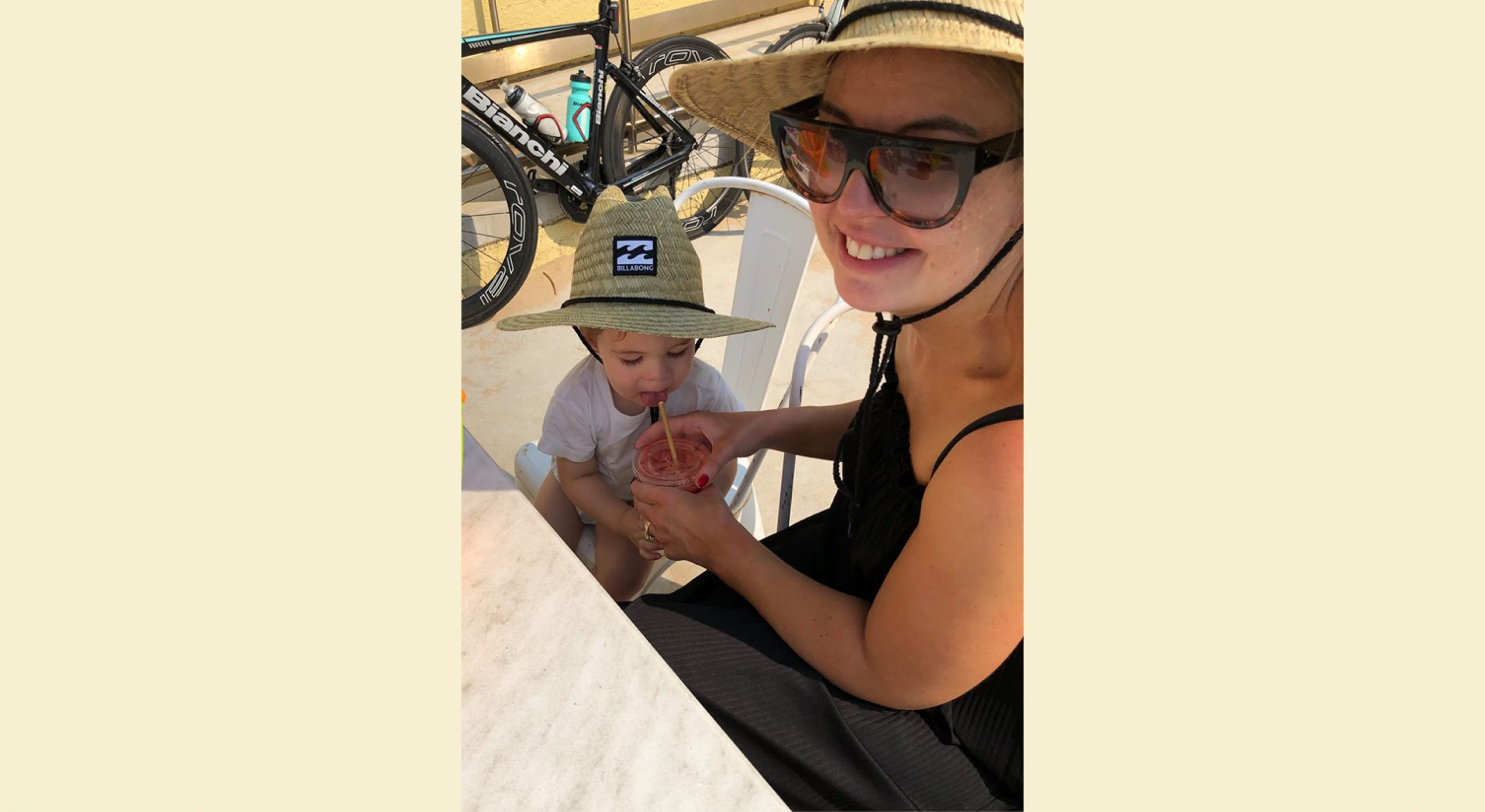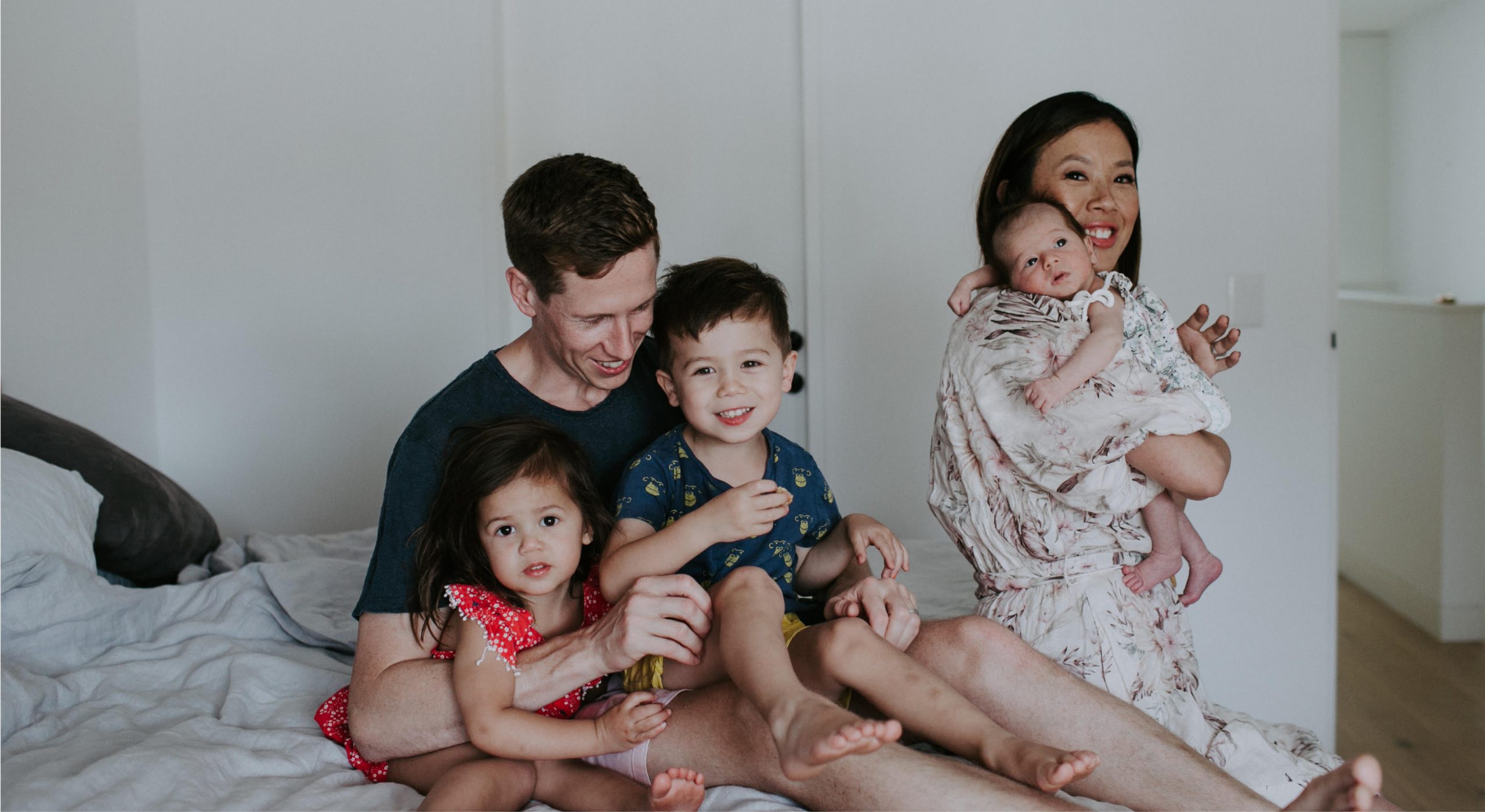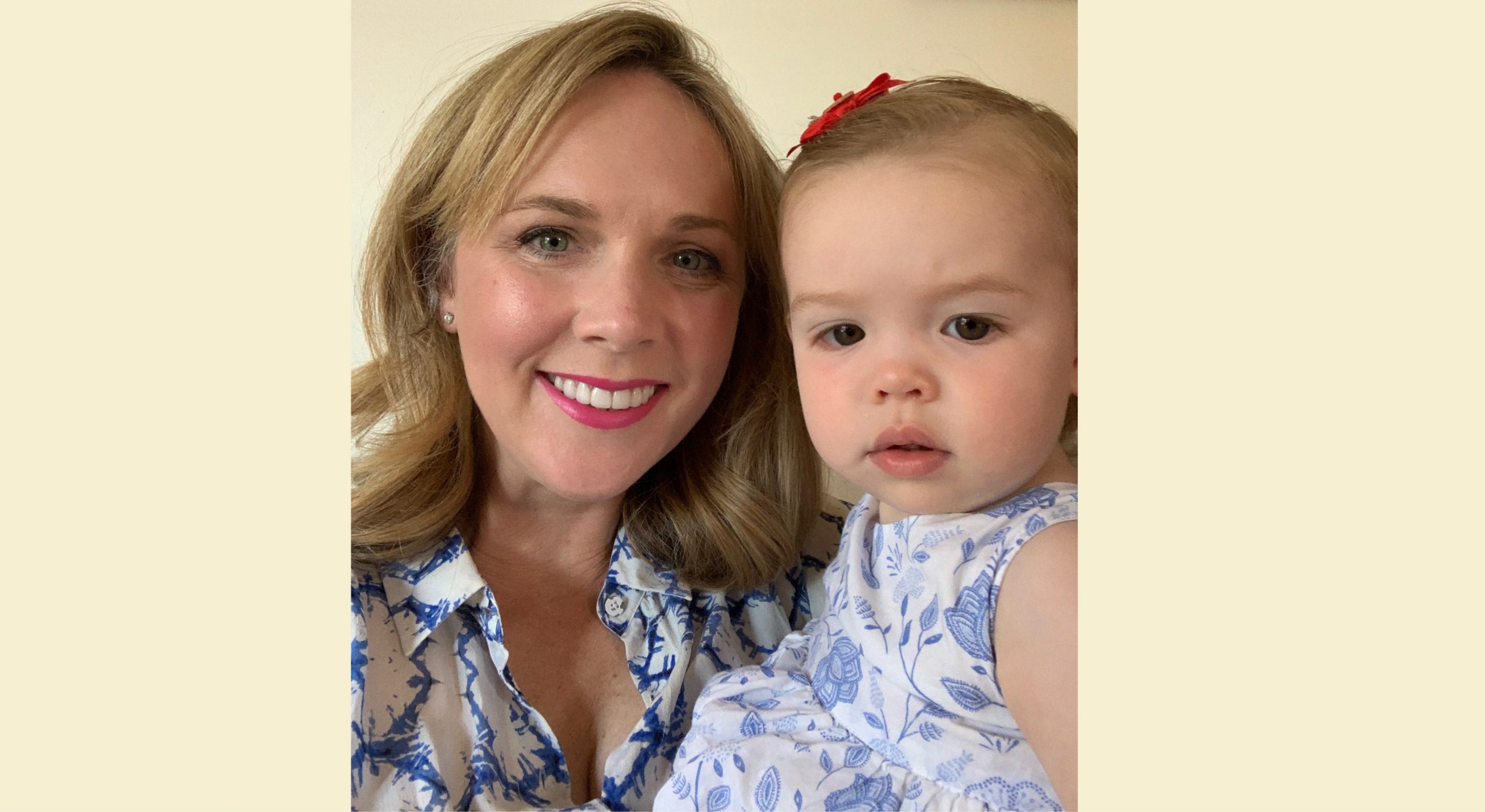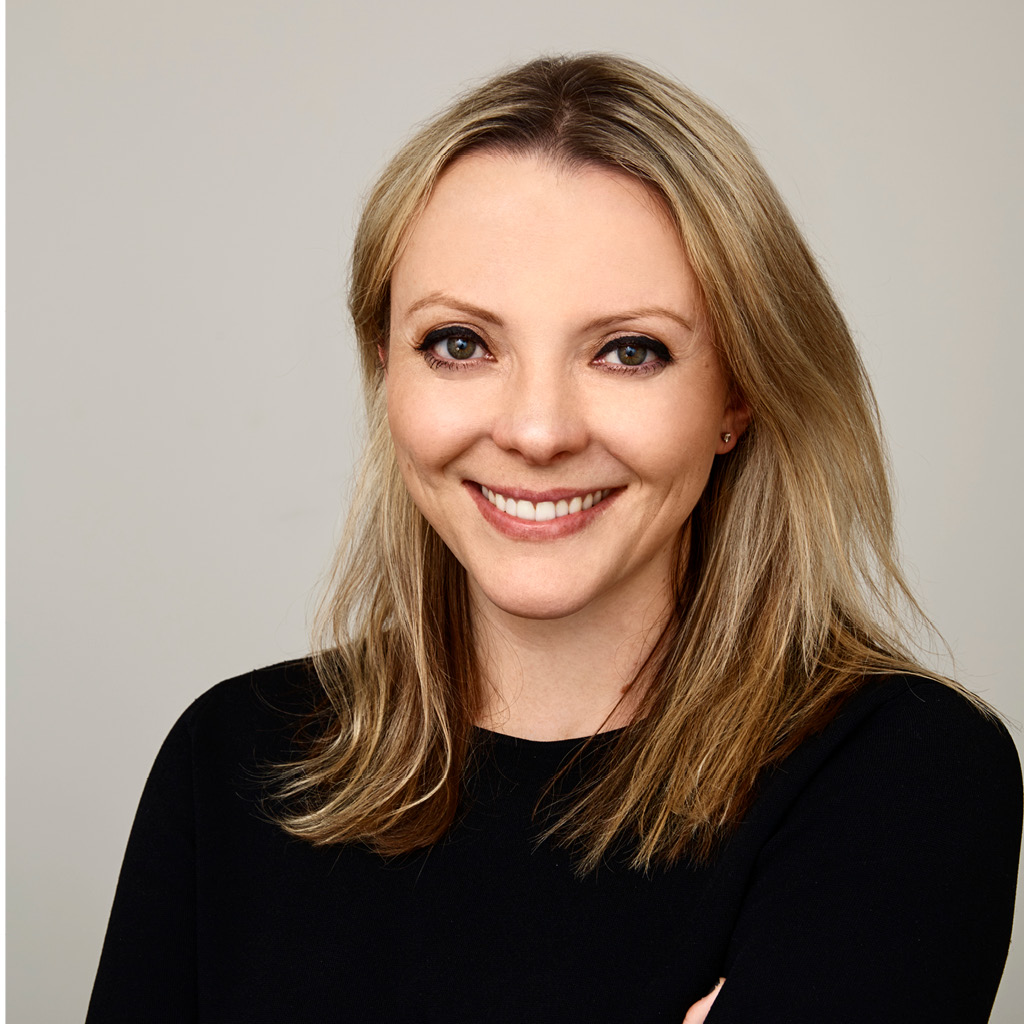When I fell pregnant, I was adamant that I’d only need six months’ maternity leave.
‘Take the year,’ my boss, a mother of three, gently insisted.
Nine months maybe, I volleyed back. In the end I took a year, went back part-time and within ten months, had decided to go freelance.
Now, if I encounter a working mother at a meeting or in a social situation I find myself immediately cornering them to find out how much time they took off, and how they make it work. The truth is we’re all mostly patching it together.
The truth is we’re all mostly patching it together
The piece of advice everybody gives you when you’re pregnant (along with a whole bunch of other unasked for tidbits) is that you shouldn’t make any decisions around returning to work until you’ve had your baby. You won’t know how you feel, people will tell you at every turn. And it’s true. Every baby – and set of circumstances – is different.
Last year I interviewed the wonderful Professor Marian Baird, from the University of Sydney School of Work and Organisational studies, who has delved extensively into the topic of parental leave. She told me that about a year is the maximum you can take before time away impacts your career.
But then I hopped onto the phone to Robin Barker, author of the book beloved by bleary eyed parents, Baby Love, and she advised taking two years off to bond with your baby. I have mum friends with high-powered full-time jobs and lots of travel; friends who launched small businesses after realising they wanted more flexibility after children; and friends who didn’t go back to work at all.
I have mum friends with high-powered full-time jobs – and friends who didn’t go back to work at all.
The official statistics – the average Australian women takes 32 weeks’ maternity leave and many return part-time – doesn’t tell the full story. It doesn’t reveal why women choose to take four months or four years off work, or how they feel about the decision later. Maybe you won’t ever know – until way, way into the future – what impact becoming a mother had on your career, and if that even mattered, in the end.
So, this week, I spoke to four women who took varying career breaks after having kids about their decision. Here’s what they said:
“I found it hard to re-enter the workforce”
Michelle Ayyuce, 42, took a year of maternity leave for each of her first two children, and then four years for her third. She started a company, ZIPWIRE, to help people transition back into the workforce.


Putting my career on hold was not something that I had planned or even thought about pre-baby. I was career focused. I Ioved my job in marketing. But life happened.
I don’t think anyone truly knows what parenthood is going to bring. I had three kids under six and my husband travelled extensively. I got to the point where I wasn’t enjoying work and I felt constantly compromised. I needed to slow down, re-group and focus on my family.
While I loved the opportunity to spend time with my children, I hated the ‘what do you do’ question. I always felt less than – as if I had to justify my choice and prove that I was still smart and interesting.
My husband and I never had a discussion around roles in the household, and we sort of fell into traditional roles by default without ever questioning it.
My husband and I fell into traditional roles by default
One of the hardest parts of being the default parent (especially when you are ambitious and career-driven) is that the title of stay-at-home mum seems to eradicate your professional identity. It surprised me how much I identified with work and career, and I missed working and having purpose outside the family. Finding new ways to fulfil my ambition and thirst for learning was important.
Throughout my career break I’d kept in touch with many ex-colleagues and started seeking advice, letting them know when I was starting to look. But when I first started applying for jobs I got crickets. I started applying for the kinds of junior roles I did at the start of my career. It was a suffocating moment. A basic human need is to have a sense of purpose.
I did think, ‘I don’t know what to do to get a job. I have at least another 20 years of work ahead of me. Do I actually have to start all over again?’ It felt like the workforce was closed off to me.
I took some time out from looking and started to talk to women about what I had gone through and found so many stories like mine. I wasn’t alone. That’s when the seed was planted for ZIPWIRE, which helps women who’ve taken a career break re-enter the workforce. We need to change the conversation. We need more opportunities and we need to remove the barriers.
“It was easier to quit my job completely”
Lauren Meikeljohn, 37, a former head of marketing at Glue Store, left her job just before having her son, now two. She recently started an online jewellery business.


I was so certain I would still be answering emails in the delivery room that I quit my job rather than take maternity leave. I treat my work in a very personal sense. I knew I would be trying to still be involved and I didn’t want to be raising a newborn and to have that [internal] pressure.
I loved my job. I’d been there for four years. I kicked some great goals with it. But I knew I needed to completely disconnect.
What’s surprised me the most is how maternity leave has changed my ambition. Before I fell pregnant, I was on a trajectory where I felt my next role would be an executive position. At the time, my perception of success was – you know – the title, having a big team, running the show.
Now, my definitions of success have changed. Although I’m running my own show in terms of my little business, I’m also trying to shape this little human, which is a much bigger task than what I could ever have imagined. It’s an awesome responsibility.
I am shocked that I don’t wanting to get back into the corporate world yet. Or at all. Maternity leave has made me realise that I’ve also got different passions. All of these different things that I don’t think would have come to fruition had I been bogged down with a full-time role.
“There’s never a ‘good’ time to have kids”
Stephanie Fong, 39, a consultant anaesthetist, took four months with her first child, 7 months with her second and is currently on maternity leave with her seven-week-old baby.


As an anaesthetist, I work for myself which means I can choose how many days I work. After my son, I started back with a half day here and there. It was very manageable, and I built up from there. With my daughter, I took more time off because she wouldn’t take the bottle. My third has been pretty easy and I’m thinking of taking a few shifts soon.
Since having children, the type of work I do has changed. It’s become more routine – dental surgeries and colonoscopies – because that’s the work that’s available during the hours I choose. I do want to take on more challenging cases again, and not feel that I’m just kind of going through the motions, which is the way it feels sometimes.
If I could give any advice about maternity leave, I’d tell my younger self that there’s no “good time” to have kids. I think you make it work with whatever work/life/help balance you have. Nobody knows what they’re doing, but everyone works it out in the end.
But overall, maternity leave has validated my approach to work/life balance. I’ve always thought it was important to have time away from work. I’ve never been super ambitious. I’ve never wanted to rule the world. I’ve never wanted to be the head of a department. I’ve always been someone who just wants to go to work, do my job well, be liked by people and come home.
If anything, taking maternity leave has reaffirmed my belief that work should be an enjoyable part of life but not a whole life.
“I took four months off”
Jacqueline Purcell, a senior executive at a tech start-up, 38, took four months off when she had her daughter Rosie in 2018.


My decision to go back after four months was partly financially motivated, given I am the primary breadwinner. But my career has always been important to me, and I’ve always felt that the kinds of jobs I want to do can’t be done part-time.
Working in a tech start-up means things can change quickly and I didn’t want to miss out on any of the big decisions. In the four months I was on leave, our employee base grew by 30 per cent and we made our first acquisition.
I have felt judged for taking a shorter maternity leave. But it’s funny, friends in the US say: ‘Four and a half months – that’s such a long break!’ and in Australia they say: ‘Are you crazy? Why are you going back to work?’
I have felt judged for taking a shorter maternity leave
Because I have a senior role within my company, I have more control over my time. I can usually manage my schedule to be home in time for dinner and bath with Rosie.
I do think this flexibility means I take on more of the running of the household than my partner. He’s an architect and also took three months’ paternity leave. While he’s an excellent, hands-on dad, I think it’s that classic mental load thing – paying the nanny, thinking about what Rosie is going to eat – that still mainly falls to me.
I definitely didn’t realise how hard the juggle would be and the travel has been a challenge. The first week I went back to work, I had to be in Melbourne for a week. Luckily my mum came down with me.
At work I’m very conscious about making the fact that I’m a mother visible in the workplace and my industry to set an example. I’ve always looked to working mothers in senior roles and thought, ‘Well if they can do it, so can I’.
I think in the past it was common to make motherhood as invisible as possible and always be fully available and that’s not reality. I’ve taken Rosie to company events. When I was still nursing, I would take business calls, and people would hear the baby sounds and laugh and comment. Women at my company have commented that it’s inspiring to see her with me.
I have moments where I wonder how my choices will impact my daughter, but I try and focus on how I think about motherhood – it’s about being present and making the time I have with Rosie count.
How long did you take for maternity leave?













No Comments